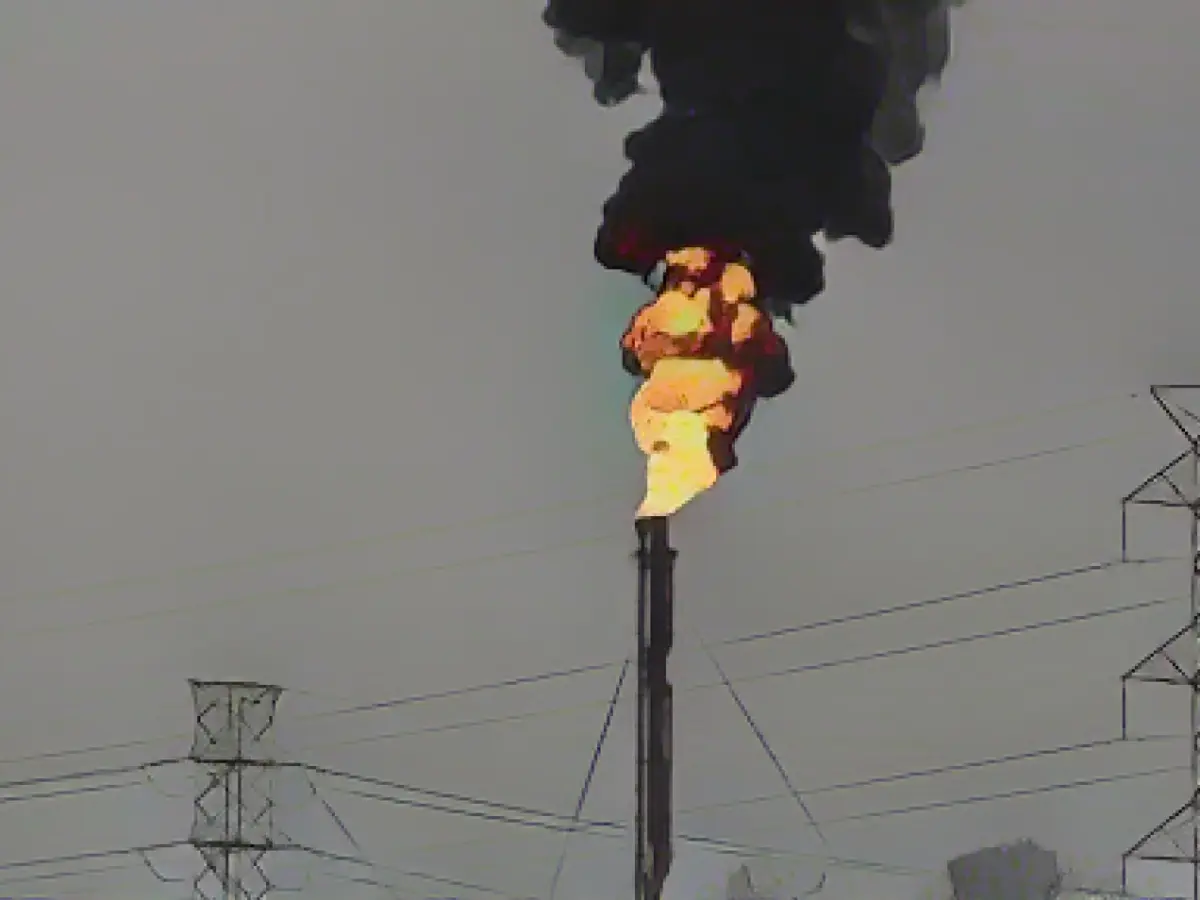OPEC+ appears keen on reducing oil production even further, with major players like Saudi Arabia and Russia set to maintain their production limits until March 2023 . Six additional OPEC+ members will tighten their daily crude oil output by nearly 700,000 barrels . Despite this move, oil costs remained relatively stable, with a North Sea Brent crude barrel costing $81.50 as of January's evening hours .
The mixed reactions to these cuts have caused market observers to question the unity among OPEC+ members . With not all members adhering to supply reduction commitments, oil market volatility could persist . Brazil, known as an ascending oil producer, has been invited to join OPEC+ in early 2023 . This addition could potentially impact global oil prices.
Existing OPEC+ production partners, consisting of ten OPEC and ten non-OPEC countries, collectively produce about 40% of global oil supply, which amounted to around 102 million barrels daily in October . Before the World Climate Conference (COP28), the UN Environment Program (UNEP) had highlighted that the planned production levels of oil, gas, and coal remained above the safe threshold required for climate change mitigation .
The International Energy Agency (IEA), founded by industrialized nations, expressed concern that the oil and gas sector hasn't actively contributed to the energy transition, urging an end to the search for new oil production areas and significant reductions in raw material extraction and transportation emissions . OPEC Secretary General Haitham Al Ghais countered with a demand for a balance between cutting carbon emissions and ensuring economic growth, social advancements, and secure energy supplies .
Whereas some may question the effectiveness of OPEC+ production cuts, the alliance's significant influence on oil prices continues to demonstrate its impact on the global market . The projections of rising non-OPEC+ production, slow demand growth, and geopolitical uncertainties remain constant threats to the price stability .
Note References
Background Info
OPEC is a cartel that includes 13 countries responsible for 40% of the world's crude oil production. Non-OPEC countries, such as Russia and the United States, make up the balance of global oil supply. OPEC and non-OPEC countries formed the OPEC+ alliance in 2016 to coordinate production policies in response to falling oil prices .





